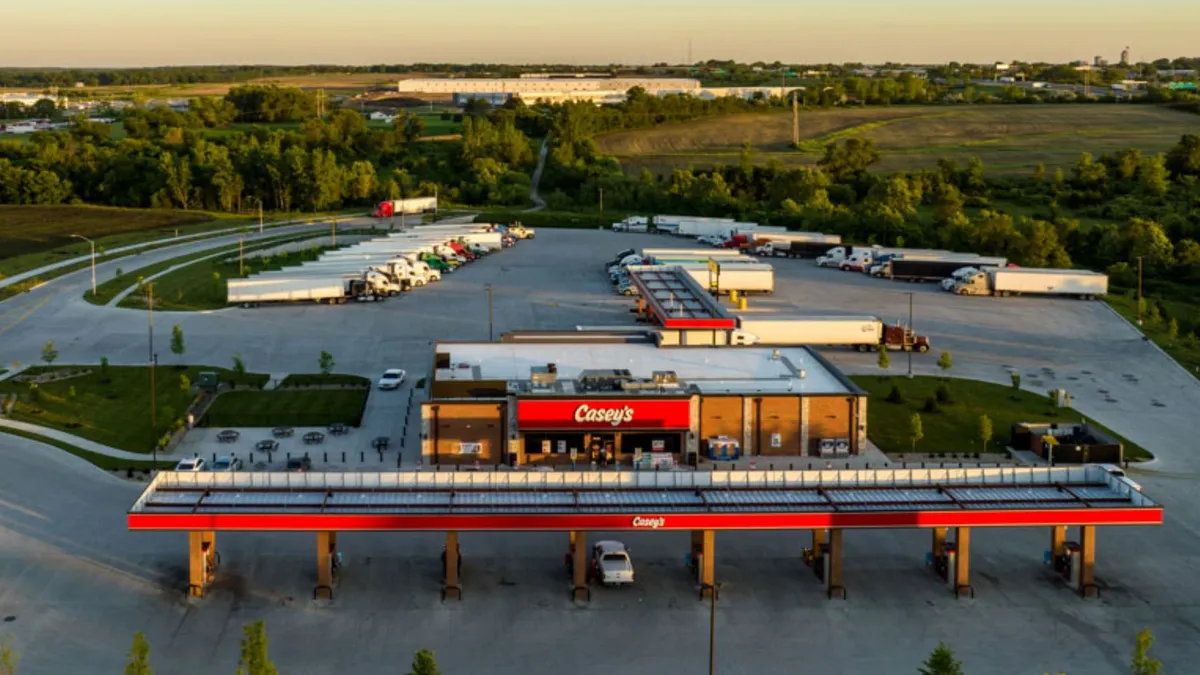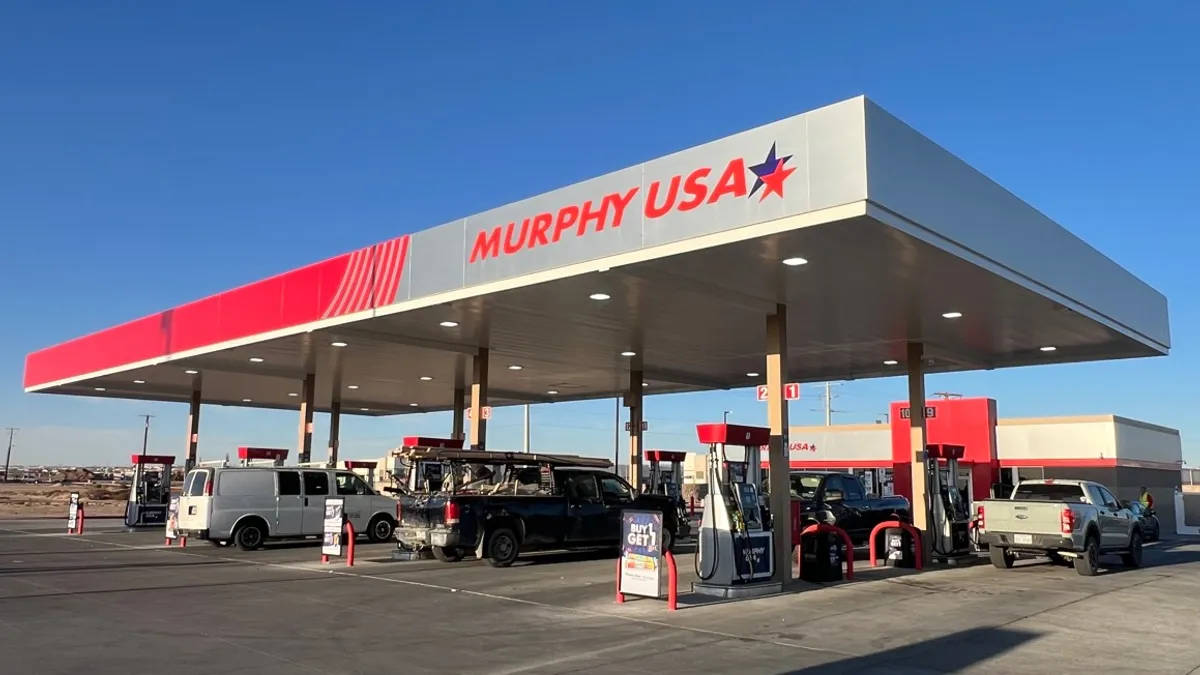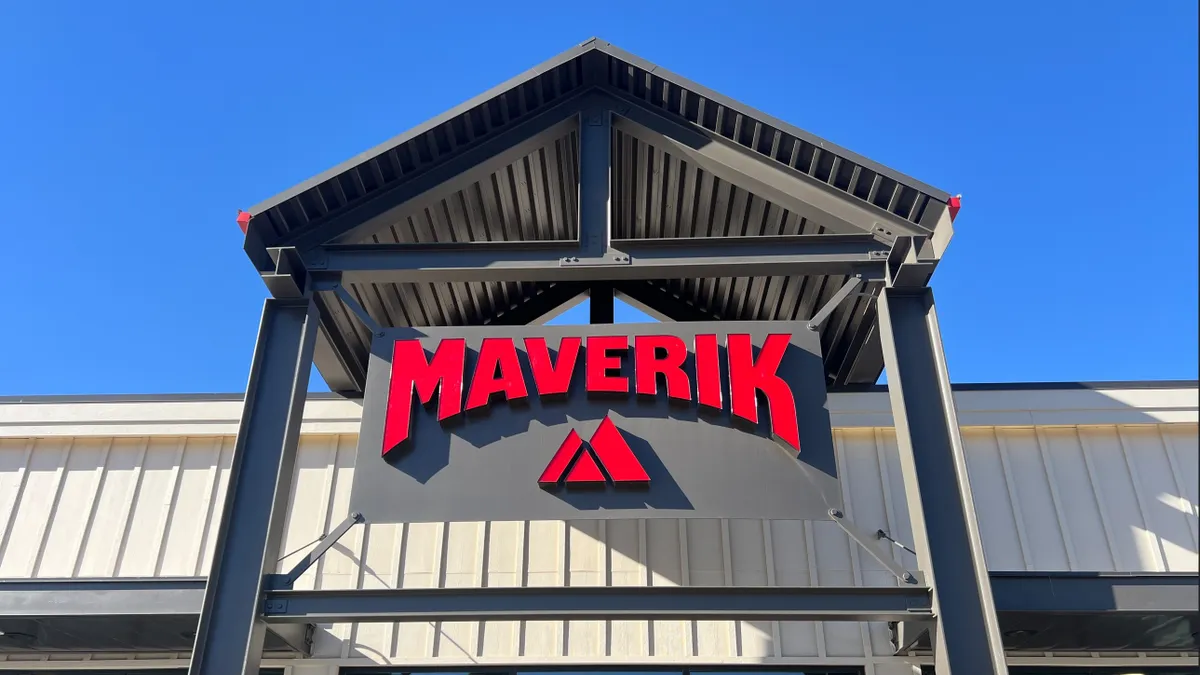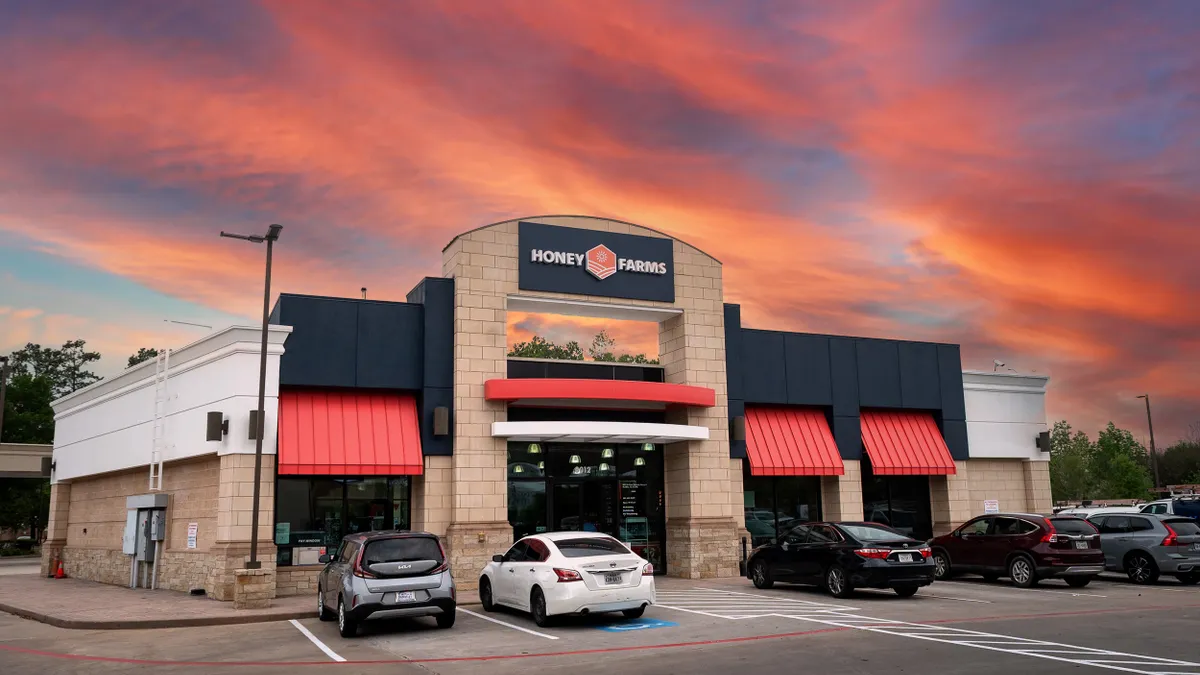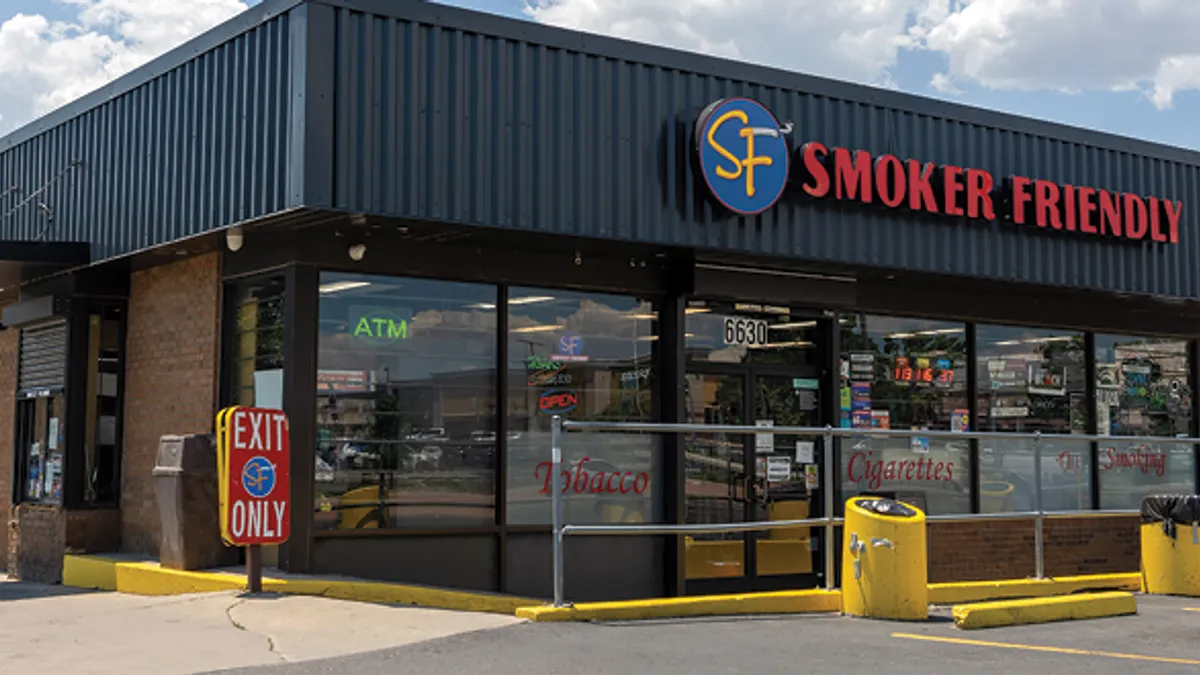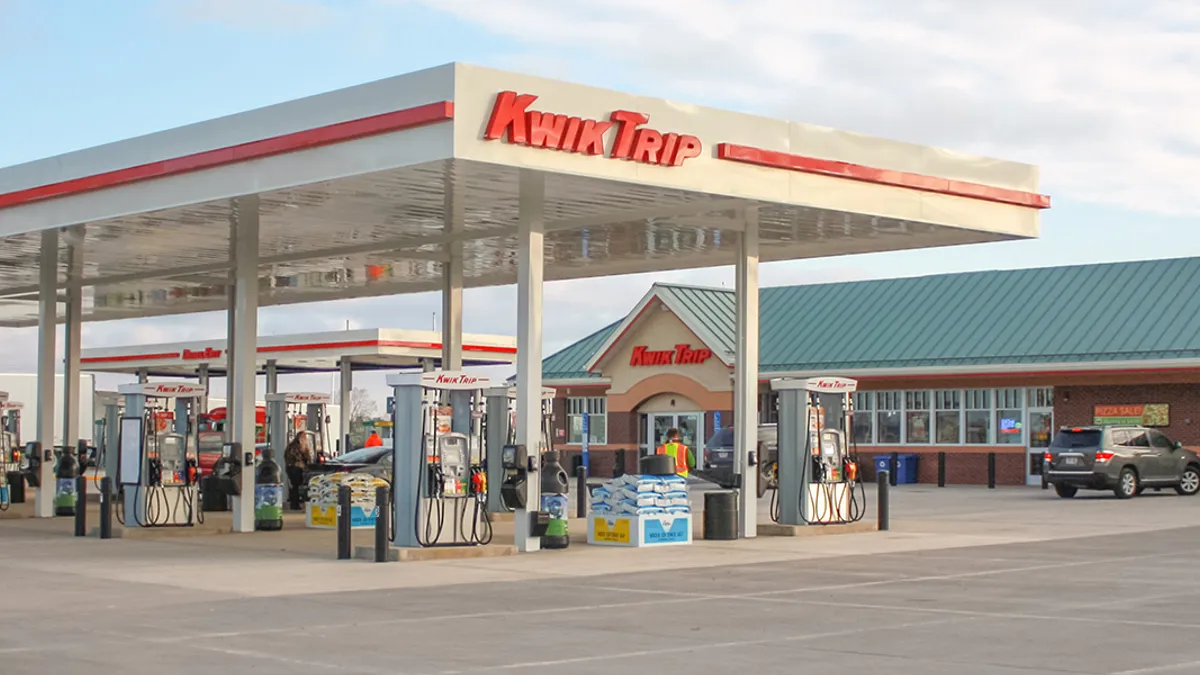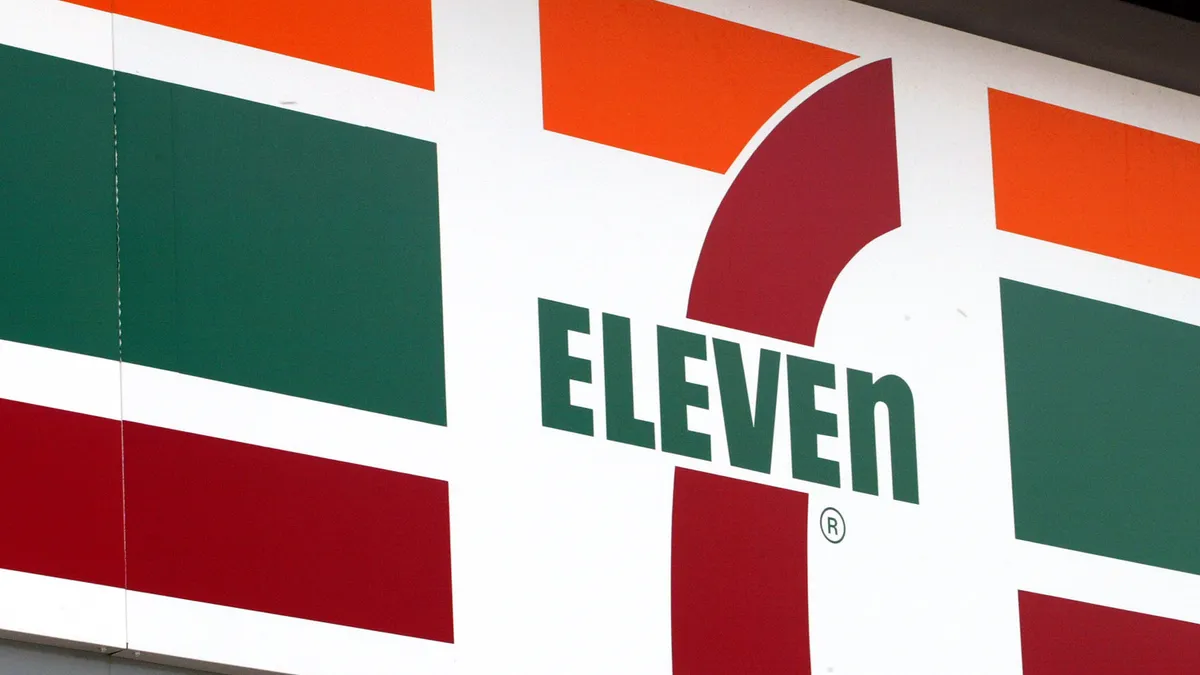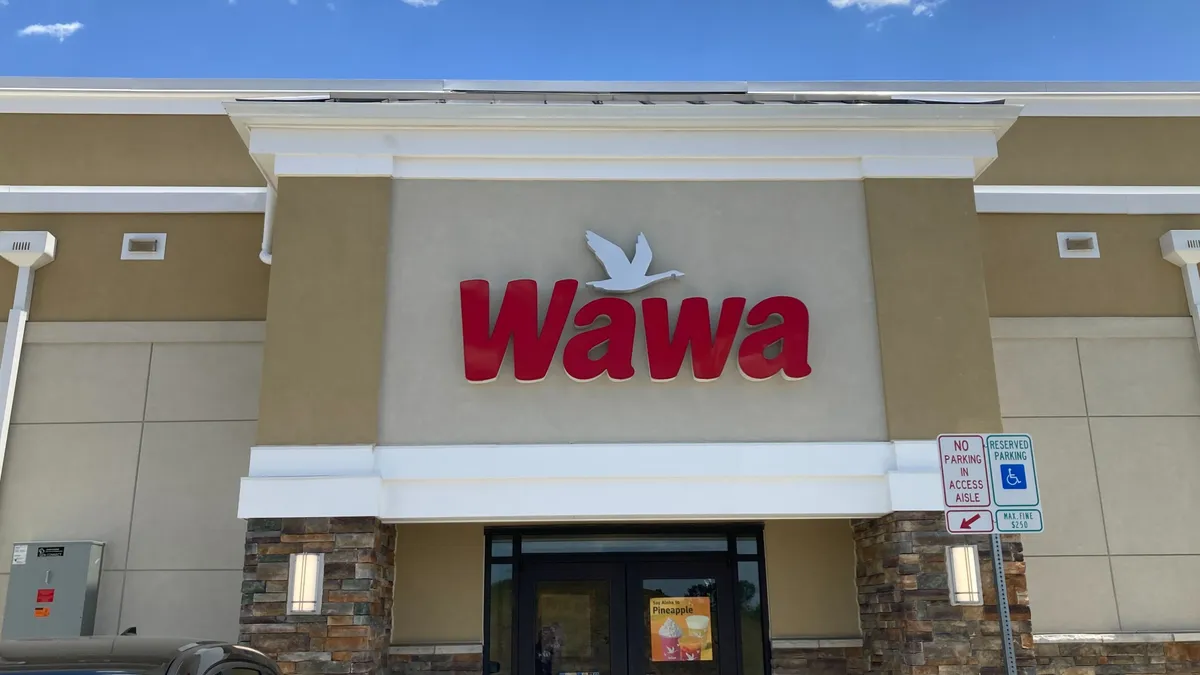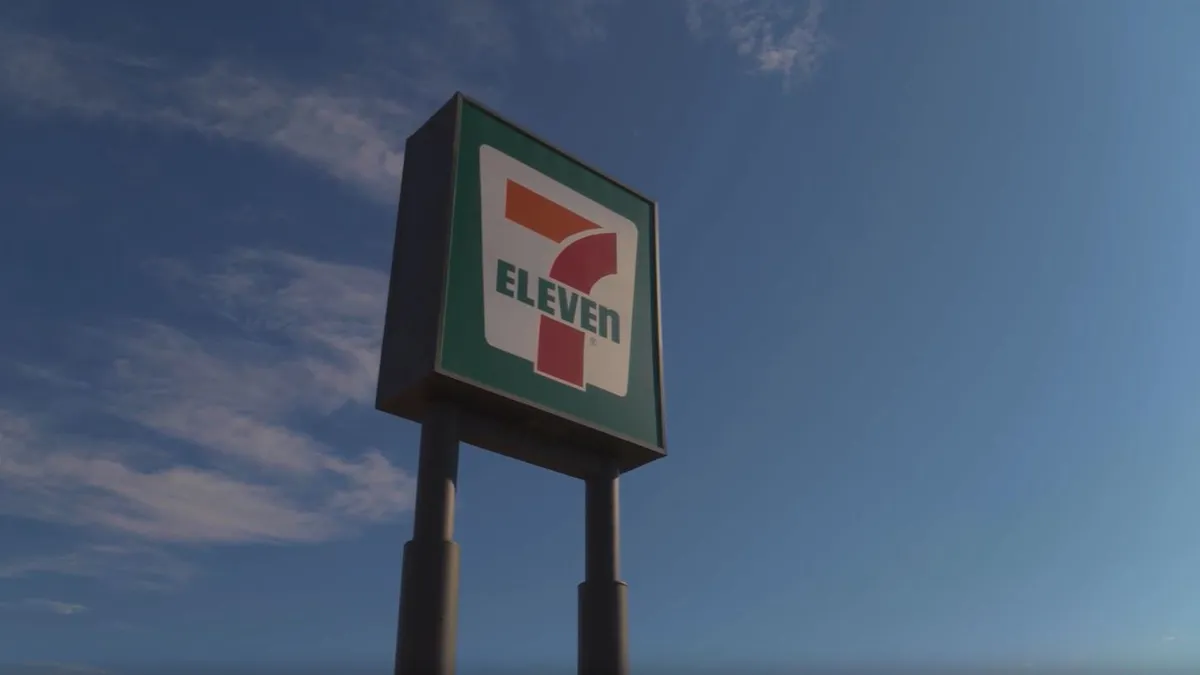Casey’s General Stores announced Friday morning that it’s agreed to acquire Fikes Wholesale, parent company of well-known Southern retailer CEFCO Convenience Stores, for over $1.1 billion.
It’s a significant move for Casey’s, which is adding 198 c-stores across Texas, Alabama, Mississippi and Florida with the deal — the latter three of which are brand-new markets for the Iowa-based retailer. About 148 of the stores are in Texas, while 27 are in Florida, 13 are in Alabama and 10 are in Mississippi, a spokesperson from Casey’s said in a statement to C-Store Dive.
Having already acquired 154 c-stores over the past fiscal year through several smaller deals, Friday’s purchase all but guarantees that Casey’s will surpass its goal of adding 350 convenience stores to its network by fiscal 2026, a plan which the company revealed in June 2023.
“We do now expect to add approximately 500 new units in total over our three-year strategic plan from our fiscal year ‘24 through our fiscal year ‘26,” Steve Bramlage, chief financial officer for Casey’s, said in an investor call Friday morning after the deal was announced.
Since CEFCO’s stores line up with Casey’s growing geography and offer a food-focused, large-format layout that’s already similar to Casey’s locations, the move makes a lot of sense, said Peter Rasmussen, founder and CEO of c-store consultancy Convenience and Energy Advisors.
“That’s a plug-and-play rolled into their current infrastructure and a hell of an investment,” Rasmussen said.
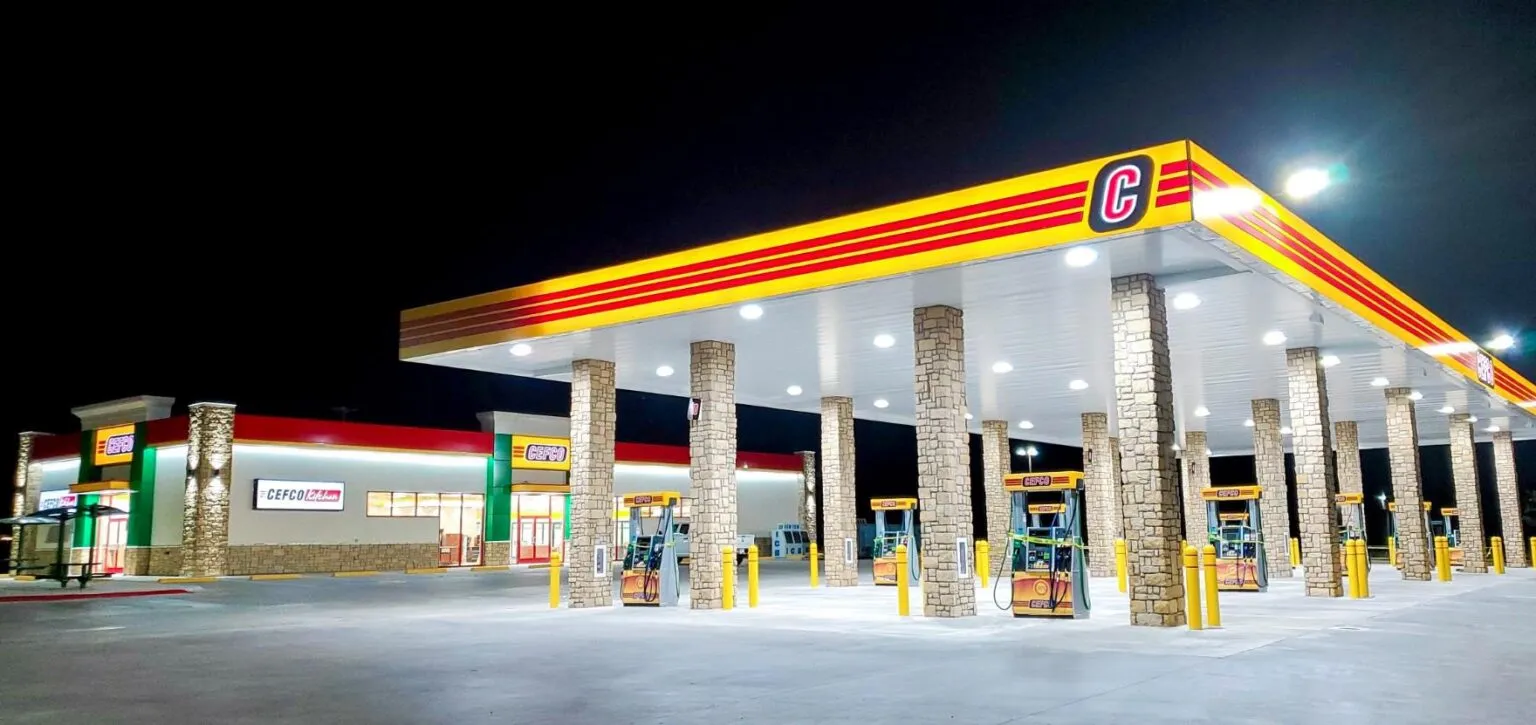
Southern threat
Not only does this deal help Casey’s shatter its current growth plan, but it cements the Midwestern c-store company as a force to be reckoned with in the South. Prior to this deal, Casey’s purchase of the 22-store Lone Star Food Stores chain in Texas last year was the company’s first move south of Arkansas.
That will essentially change overnight once the deal closes, as Casey’s will operate more than 170 stores in Texas and 50 others across three other Southern states. This is just the beginning of a larger expansion in the region, Darren Rebelez, chairman, president and CEO of Casey’s, said during Friday’s investor call.
“Texas has been a highly strategic state for Casey’s since the 22-store Lone Star acquisition last fall, and adding CEFCO stores will give us the scale to continue to grow both organically and via M&A throughout Texas and South,” Rebelez said.
Rasmussen said Casey’s expansion into the South is smart, since that’s where most of the population growth in the U.S. is occuring. Texas and Florida in particular were the two fastest-growing states by population last year, according to the U.S. Census Bureau.
“When you look at where a lot of the big [c-store] players are building right now, it’s in that Southern belt,” he said. “For Casey’s, this expands their geography and gets them further into that area in a lot of nice pieces of real estate.”
Texas is one of the biggest and most notable U.S. markets for convenience retailers, with more than 16,000 total c-stores according to NACS data. 7-Eleven is headquartered near Dallas and operates over 1,360 stores in the state; Alimentation Couche-Tard, parent of Circle K, has over 650 stores in Texas; and QuikTrip, which is based in Oklahoma, has more stores in Texas — about 280 — than in any other state.
Most of the Texas CEFCO stores Casey’s will take over are located in rural markets in the middle of the triangle that connects Dallas, San Antonio and Houston, Rebelez said.
We do now expect to add approximately 500 new units in total over our three-year strategic plan from our fiscal year ‘24 through our fiscal year ‘26."

Steve Bramlage
CFO, Casey's
Meanwhile, the CEFCO locations across Alabama, Mississippi and Florida are all in or nearby rural areas around the Panhandle, Rebelez noted. While not as booming for c-stores as most of Texas, the region is home to some major retailers such as Couche-Tard. Its Circle K Gulf Coast business unit is based in Pensacola, Florida, where it also has over a dozen locations.
There’s also Wawa, the popular East Coast retailer that’s in the process of building at least 40 stores in the Panhandle over the next decade as part of its ambitious plan to nearly double its c-store count by 2030.
Rebelez and his team are embracing the competition it will face in the South, especially in the Panhandle.
“We know there are some other competitors that are coming in [to the Panhandle] — none of those competitors are new to us, we’re very familiar with them,” Rebelez said. “So we feel really good about that geography in particular.”
All about the food
Foodservice innovation has been the talk of the c-store industry in 2024, with retailers debuting new items and value deals on a regular basis. Casey’s, which specializes in its homemade pizzas, is doubling down on its food efforts with the CEFCO acquisition.
Casey’s plans to rebrand nearly all CEFCO locations to its own banner, Rebelez and Bramlage confirmed during the call. The company plans to invest around $150 million into these remodels, which it expects will take three to four years to complete, Bramlage said.
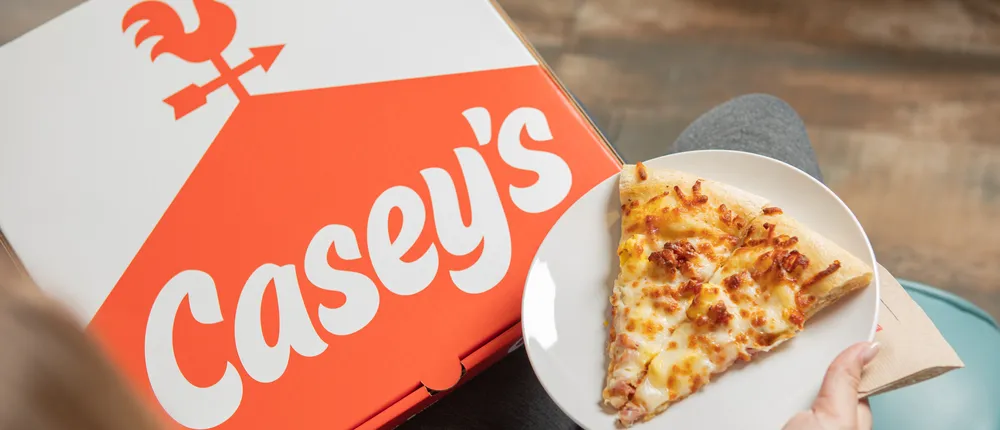
A significant piece of those remodels will be adding kitchens to CEFCO’s stores, both executives noted. While some CEFCO stores already have kitchens, Casey’s will install brand new ones into about 85% of the locations, as it looks to bring its popular pizza program to the South, Rebelez noted.
“Our biggest synergy that we believe we’ll bring [with the acquisition] is in prepared foods,” Rebelez said.
Aside from competing c-stores in these regions, Casey’s may present challenges for nearby QSRs, Rasmussen said. He pointed to the uptick in value meals at QSRs this year in a broad attempt to increase traffic amid today’s tough operating environment. Not only does Casey’s offer similar value through its pizza program, but it also has fuel and the rest of the c-store for customers to spend on.
“I think that’ll put a direct impact on a lot of QSRs,” he said.



